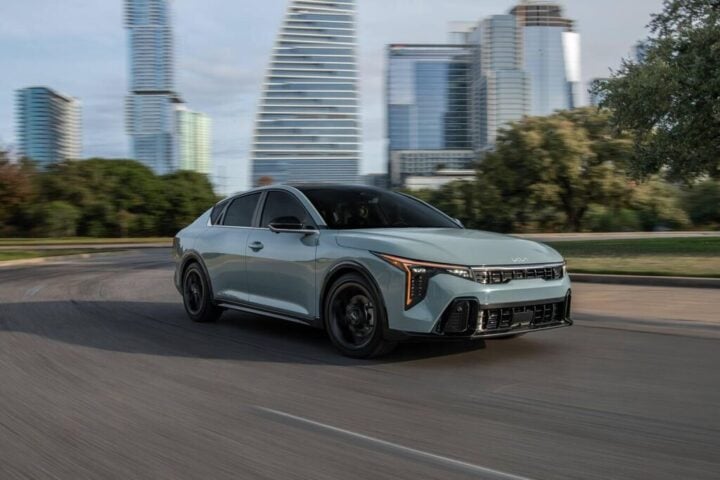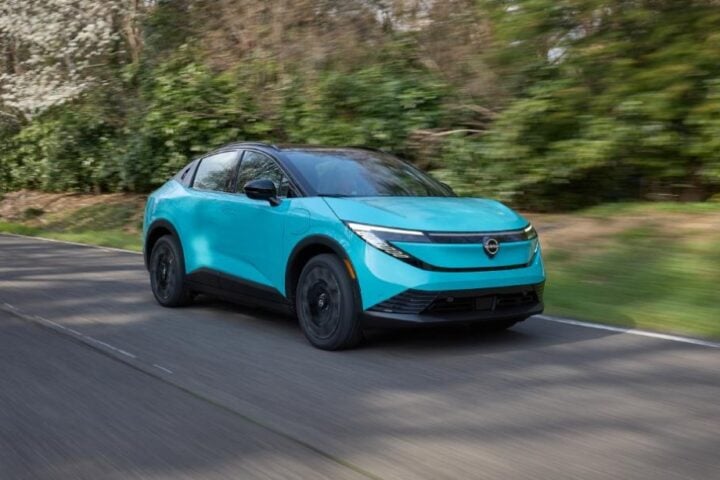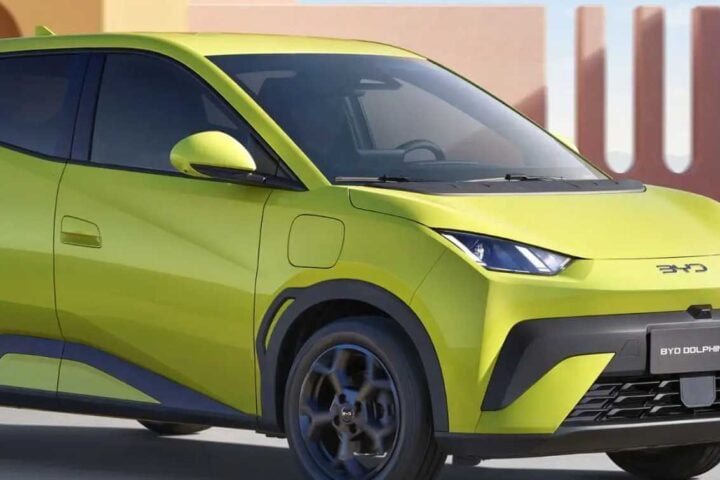Elon Musk, the CEO of Tesla, has long been known for his humorous approach towards those who have questioned him and his company. He has made light of the doubts expressed by hedge fund investor, David Einhorn, by offering satin trunks for sale on the Tesla website. In 2019, at the launch of the Model Y, when Musk was called a “fraud,” he responded passionately, saying, “You can drive that fraud!” His latest triumph came with the launch of the Tesla Semi, a heavy-duty vehicle that took five years to develop from a prototype to a production model. During the manufacturing event in Nevada last month, Musk celebrated the launch and stated that some people believed the launch was impossible.
The celebration was justified as PepsiCo had just received 15 of the large trucks from Tesla as part of the first deliveries. The event in Nevada also announced a $3.6 billion investment to increase the utilization of the current factory near Reno to produce more battery cells and Semi trucks. Tesla shares have risen this year, but the impact of the Semi on Tesla’s operations remains unclear. It’s also uncertain how much the Semi costs and whether other customers who ordered trucks from Tesla a few years ago have received their deliveries.
While the Tesla Semi has received some skepticism, there’s an urgent need for Tesla and other manufacturers to electrify big trucks. Tesla’s program manager, Guthrie Gintzler, explained the importance of electric trucks in reducing emissions from the transportation sector. He stated that a majority of trucks are operated by the top 20 fleet operators and targeting these operators alone could result in a 2.5% reduction in emissions. Gintzler also noted that, although semitrucks represent only 1% of vehicles on the road, they account for almost 40% of total emissions from the transportation sector.
We will hear more about Tesla’s plans for a sustainable energy future on March 1, as Elon Musk plans to deliver his “master plan.” In the meantime, Gintzler recently visited his alma mater, the University of Pennsylvania, to discuss electric trucks and their potential for reducing costs for fleet managers. He stated that electric trucks are a more cost-effective option, with a lower cost of ownership compared to diesel trucks.
The Tesla Semi has sparked some skepticism, but it is a crucial step towards a more sustainable future. With the majority of trucks being operated by a few fleet operators, the Tesla Semi has the potential to significantly reduce emissions from the transportation sector. Elon Musk is set to unveil his master plan on March 1, which will chart the path to a fully sustainable energy future for Earth.


















